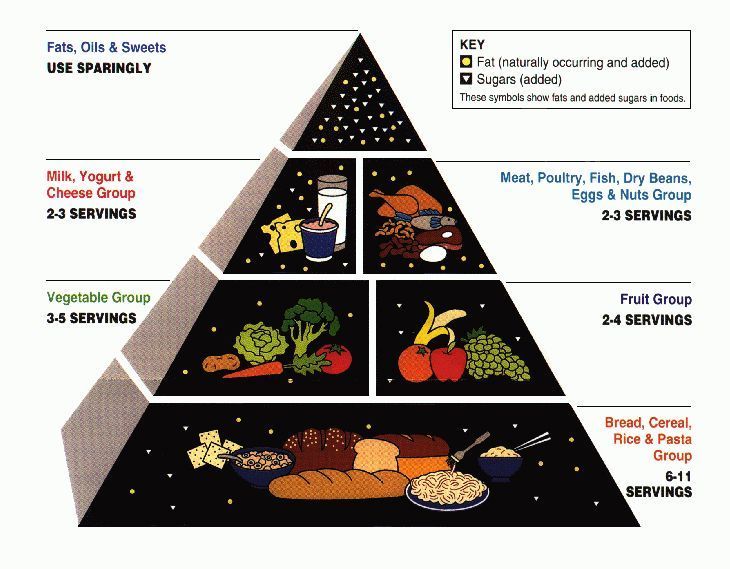
By Michael Cavanaugh
People hate the word diet because they have come to associate it with going on diets for short periods of time, but people should instead put some time aside to do some research and build a consistent diet that they can maintain.
There is a difference between “going on a diet” and “having a diet.” Typically, when people “go on diets,” they decide to suddenly cut out a large number of foods that were a staple of their daily consumption and instead only eat a small amount of select foods. This practice can lead to the endless cycles of crash dieting that so often lead to dangerous eating disorders.
The word “diet” should not be associated with a temporary change in food consumption. After the few weeks of the diet are over and the numbers on the scale have dropped, chances are that you will call it a success and go back to eating whatever you want and in whatever quantities you want.
But, this course of action is neither recommended nor healthy.
Here are some tips to having a healthy diet you can actually stick to:
It is simpler than you think. Obtaining the results that these fad and crash diets promise is easy and painless. If the number on the scale is all you want to see changed, it is as simple as being in a caloric deficit each day, meaning that your daily calorie intake is less than the number of calories that you burn each day. Do not go by the scale. The scale, except in extreme circumstances, is a very poor indicator of an individual’s health. People should not be trying to lose weight; they should be trying to lose fat, or gain muscle — or, most favorable to one’s health, both. Weight is just a number.
Learn about your macronutrients. You should know what macronutrients are and how they function. Whether your goal is to gain muscle mass or to lose body fat, knowing what each macronutrient is and the effect each has on your body is incredibly important. Protein is the foundation of any good diet. It is the building block for muscle tissue, and it also helps promote healthy skin, hair and nail health. Carbohydrates have amassed a bad reputation, but as the body’s energy source, they are essential to a healthy diet. In addition, carbohydrate intake is closely connected to your thyroid function, which regulates the metabolism. Cutting out carbohydrates can be detrimental to hormonal health and the body’s ability to burn fat.
Finally, there are fats, which also have an unfortunately bad reputation. Dietary fat has many functions, but most notably, it is related to hormones and hormone production (notably for men, testosterone). Your body needs all three of these macronutrients in sufficient quantities in order to remain healthy.
Just because you know it is a Big Mac doesn’t mean your body does. We could get into the nitpicky stuff like cholesterol, but simply put, your body does not know the difference between a Big Mac and a serving of grilled chicken.
Once your body breaks down food, they all become protein, carbohydrates, fats, etc.; although, that does not mean I suggest eating Big Macs every day. Think of it like this: if ones diet uses a certain calorie and macronutrient goal for the day, as every diet should, it does not necessarily matter what one eats to achieve that goal.
The general idea is that you want to have a diet that is healthy, enjoyable and achieves whatever end you are hoping to achieve, whether that is losing fat, gaining muscle or maintaining your current body composition. Do a bit of research and try your best to follow the guidelines you set. Don’t forget that you are doing this to be happy and healthy.
If you want to eat an entire Nutella pizza, more power to you— just tell everyone it was a personal pie.
__________
Michael Cavanaugh is the Assistant News Editor for The Fordham Ram.














































































































































































































